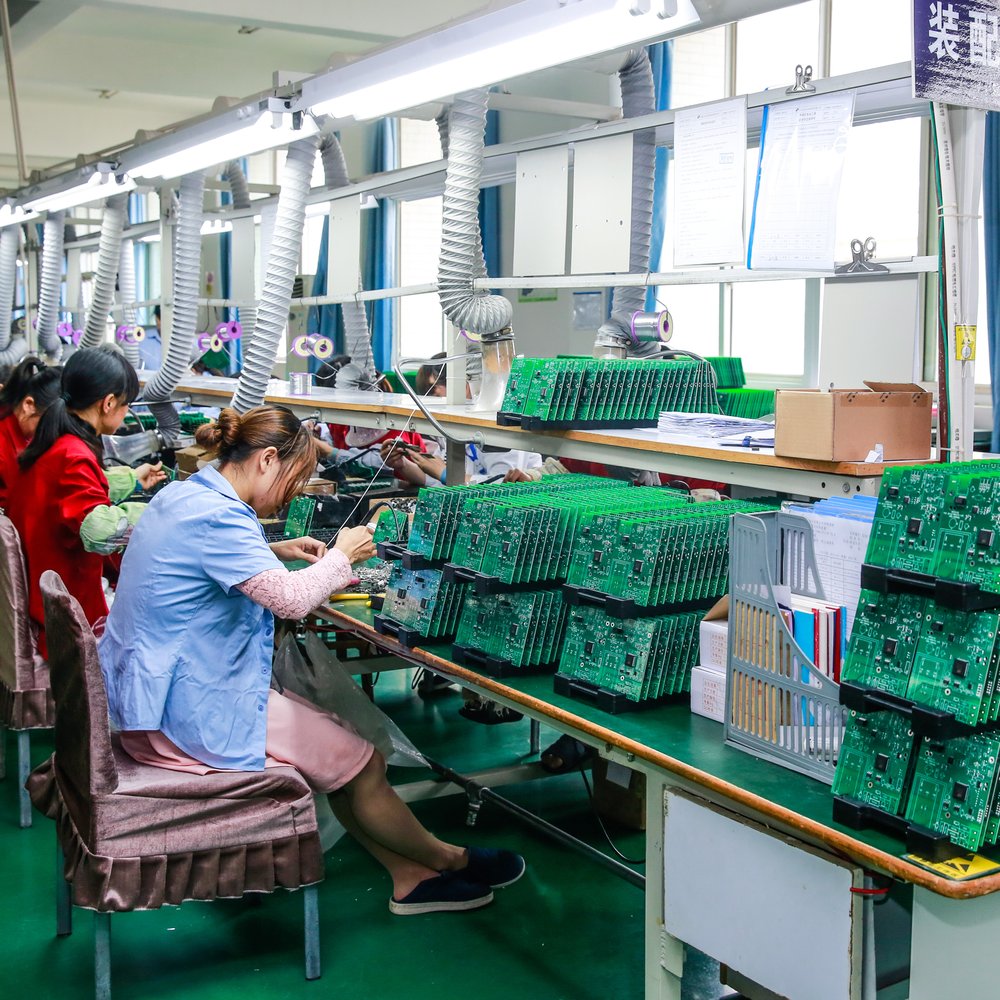Forced labour risks, remedy and changing regulation: KnowTheChain investor briefing

Shutterstock
It has never been more important for investors to act on forced labour. From the Withhold Release Orders issued by the US Custom and Border Agency to the EU’s Corporate Sustainability Due Diligence Directive, the penalties facing businesses and their investors for not acting on forced labour risks are becoming increasingly severe. This report sets out the stark facts of the progress business has made: Whilst there are green shoots of best practice, investors have much more to do to unleash the potential of business to achieve UN Sustainable Development Goal 8.7 and end modern slavery. Increasingly our clients are asking the investment industry to step up and drive positive change. This report will help us do it.James Corah, Head of Sustainability, CCLA Investment Management

Shutterstock
The risk of forced labour in global supply chains remains one of the most significant human rights issues for companies – and their investors – worldwide. At least 25 million people are currently estimated to be victims of forced labour, coerced to work under threats of violence, detention and intimidation, in supply chains supporting many of the world’s favourite brands. After years of glacial progress in attempting to address this blight through voluntary corporate initiatives, the enactment of human rights due diligence legislation in both the EU and other jurisdictions means there are now enforcement mechanisms to address and provide redress for labour exploitation across supply chains. As this briefing sets out, the changing global regulatory environment brings new obligations – and opportunities – for investors to play a critical role in interrogating human rights due diligence efforts and companies’ attempts to remediate forced labour. These actions contribute not only to the sustainable development of companies and the protection of workers, but to the integrity and stability of global markets.
This briefing outlines key findings from KnowTheChain (KTC) data on 184 companies assessed in the 2020 and 2021 benchmarks in respect of the prevalence of forced labour in global supply chains across three high-risk sectors: ICT, food and beverage, and apparel and footwear. Despite some evidence of progress over time, the risk of forced labour across these sectors persists and where forced labour is uncovered, identifiable remediation efforts remain limited. Collectively encompassing 61% of the commodities at risk of forced labour, as listed by the US Department of Labor: the KTC benchmarks are also an important proxy for how the world's largest companies are addressing forced labour risks, which remain considerable.
Findings include:
▌Only half of all companies assessed (50%) disclose carrying out a human rights risk assessment on their supply chains.
▌Two thirds of companies assessed (66%) do not disclose any forced labour risks identified in their supply chains.
▌Only 17% of companies disclose remediation of forced labour cases in their supply chains.
▌Of 43 companies linked to allegations of forced labour in supply chains, almost three quarters (72%) failed to provide evidence that impacted workers were remediated.
▌13% of 184 companies disclosed the repayment of recruitment fees to supply chain workers.
This briefing also provides an initial summary of regulatory efforts to address human rights and forced labour risks and what they may mean for investors, and sets out engagement questions investors can use to guide initial discussions on human rights due diligence with investee companies as they begin to take up these obligations.
Where companies fail to meet requirements, investors are compromised in fulfilling their own obligations pursuant to their firm ESG policies and international standards like the OECD guidelines for institutional investors, which set out their responsibility to undertake due diligence to identify, mitigate, and prevent adverse human rights abuses like forced labour. As such, it is incumbent upon all investors to assess and mitigate human rights and forced labour risk in their investment processes.
KnowTheChain
KnowTheChain is a resource for companies and investors to address forced labour in global supply chains. Our benchmarks and practical resources help companies operate more transparently and responsibly, while also informing investor decisions. Find out more about KnowTheChain and explore our benchmark findings on forced labour risks in the the ICT, food and beverage, and apparel and footwear sectors.